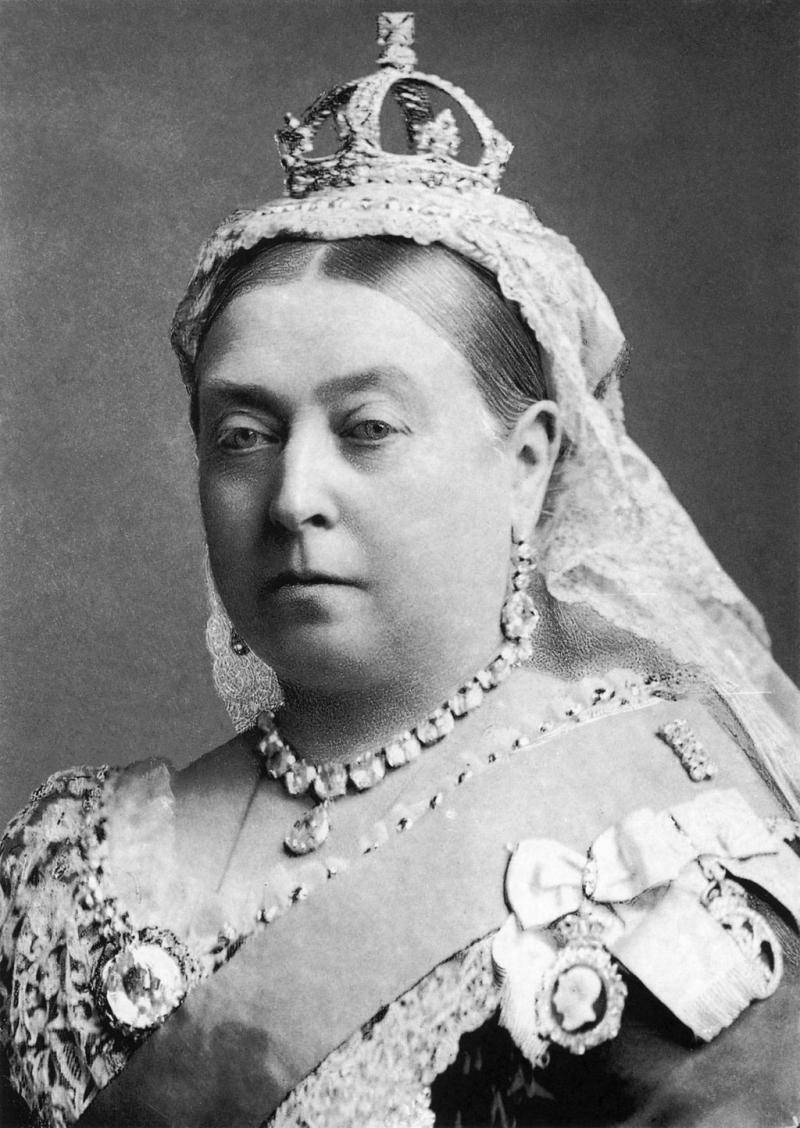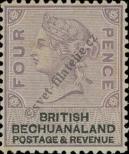
Queen Victoria was the longest-reigning monarch in British history, ruling from 1837 until her death in 1901. She ascended to the throne at the young age of 18, after the death of her uncle, King William IV. During her reign, she oversaw a period of great social, cultural, and industrial change in Britain, earning her the title of "the Grandmother of Europe."
Queen Victoria was known for her strong sense of duty and dedication to her role as queen. She took her responsibilities seriously and was deeply involved in political affairs, often consulting with prime ministers and other government officials. Despite this involvement, she maintained a strict neutrality and did not publicly express political opinions.
She was also a devoted wife to Prince Albert, whom she married in 1840. Their marriage was considered a love match and they had nine children together. However, Queen Victoria's life was marked by tragedy when Prince Albert died in 1861 at the age of 42. She went into deep mourning and wore black for the rest of her life.
Despite this personal loss, Queen Victoria continued to reign with strength and determination. Under her rule, Britain experienced significant economic growth and expansion of its empire. She also played a key role in promoting social reforms.









